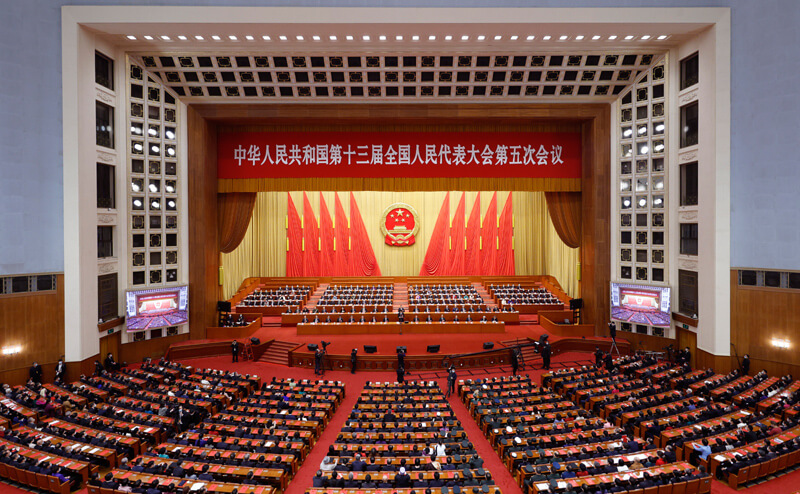China holds Two Sessions, its biggest political event of the year
Photo: State Council of the People’s Republic of China.
This week, China kicked off its so-called “Two Sessions” in Beijing, one of the most important events on the Chinese political calendar. The Two Sessions bring together the Chinese government’s National People’s Congress and its most important advisory body, the Chinese People’s Political Consultative Conference, to discuss and approve China’s political direction for the current year and to address growing concerns about the challenges facing the country.
The event lasts several days, and thousands of delegates from all over China are expected to gather in Beijing in the coming days.
But this year’s event will feature a notable change. For the first time in 30 years, Chinese Premier Li Qiang has decided to cancel the traditional press conference held at the end of the two sessions. The annual press conference is one of the few opportunities that premiers provide to the domestic and international media to ask questions about the Chinese government’s policy strategy, although it is a highly controlled and monitored environment.
The annual press conference has been suspended until the end of the current Chinese legislature’s term, which ends in 2027. Experts see the move as a sign of the country’s growing and centralized control over the media narrative.
At the regional level in Latin America, Peruvian Congressman Edgar Tello highlighted the relevance of the two sessions, promoting the need to bet on technological development and cooperation in education, according to CGTN. It should be noted that Peru has more than 50 years of continuous cooperation with China and is looking for new ways to improve its relationship with Beijing.
Tello, who was elected to Congress by the left-wing Peru Libre party, highlighted the importance of certain sectors in terms of international cooperation that must be addressed in the agenda that will set the tone for relations with China this year.
He also highlighted the importance of agriculture, transportation and road infrastructure -especially buses and trains- to reduce national travel times. Finally, he called for Chinese support for the development and advancement of local youth in hopes of promoting research at the national level.

